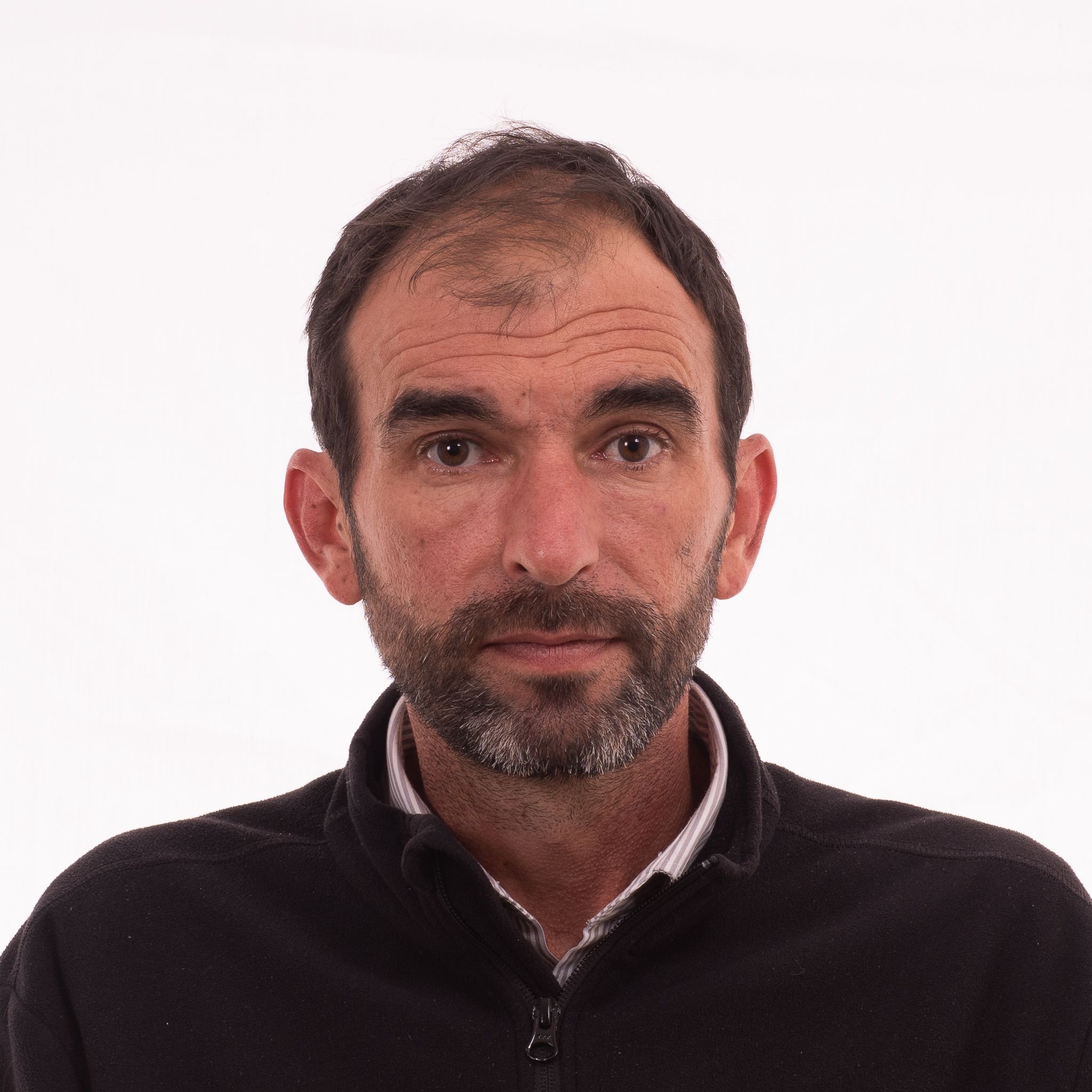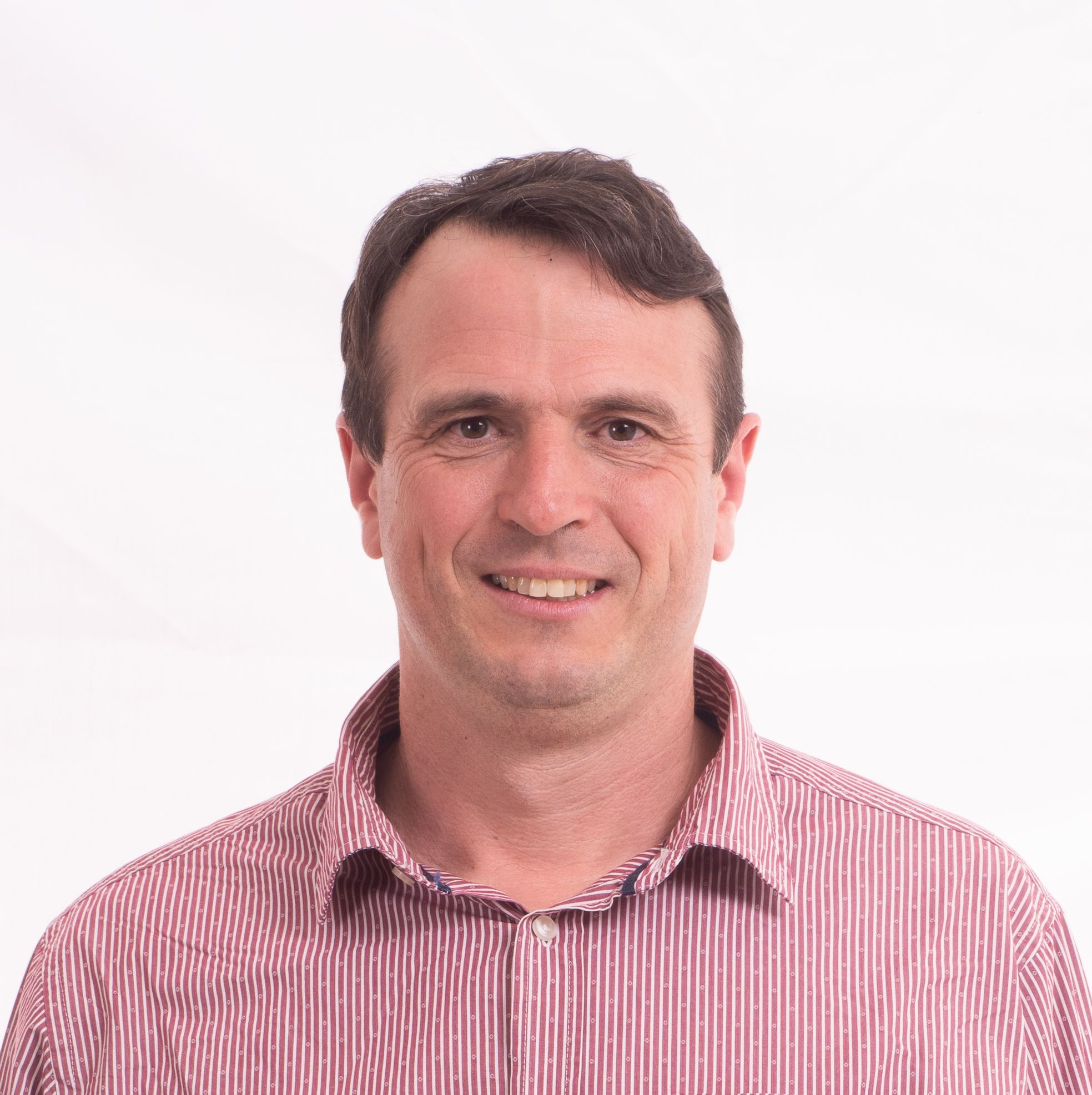Lennart Woltering
Lennart Woltering is helping colleagues achieve more and lasting impact with their work. By finding practical applications for complex theories on scaling, he has been able to support project teams in formulating scaling ambitions, help provide clarity on what an “enabling environment” for an innovation means, and create a realistic picture of what a project can and cannot address and where strategic collaboration is required to exert influence.
Prior to joining CIMMYT, Woltering worked for ICRISAT in Niger (2005-2010) on local adaptation of innovations. From 2010-2016 he worked for a management consulting firm designing, implementing and backstopping projects for international donors.






